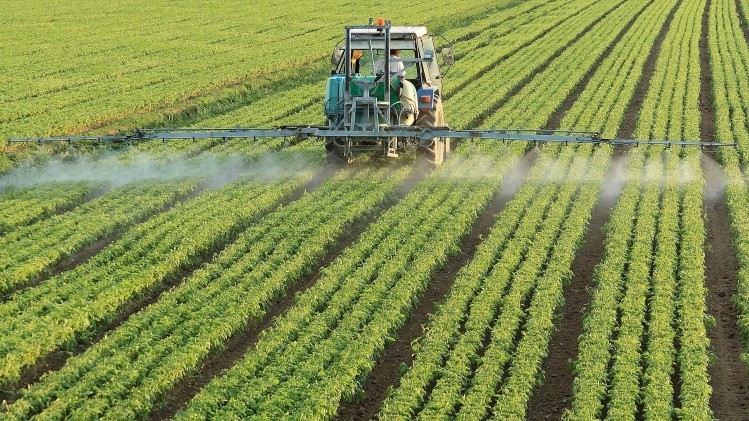New Zealand
Profs shocked to find herbicides cause antibiotic-resistant bacteria

Herbicides can be tested for killing bacteria as part of the process of reviewing their approval for use. However, they have never been tested for other effects on bacteria, making this the first study of its kind in the world.
While other substances like aspirin have been shown to change bacteria's tolerance to antibiotics herbicides have never been tested, said Canterbury’s Professor Jack Heinemann.
Findings shock researchers
The research team, which also included scientists from Mexico and Lincoln and Massey universities in New Zealand, investigated what happens to species of disease-causing bacteria when they are exposed to common herbicides like Roundup, Kamba and 2,4-D.
“We found that exposure to some very common herbicides can cause bacteria to change their response to antibiotics. They often become antibiotic resistant, but we also saw increased susceptibility or no effect. In most cases, we saw increased resistance even to important clinical antibiotics,” said Heinemann.
“We were so surprised by what we were seeing. We wanted to be sure it wasn’t an artefact of conditions in our laboratory or some kind of contamination. So we enlisted a fellow researcher at Massey who conducted the same experiments but without knowing what she was adding to the bacteria. She got the same results.”
Apparent wherever there is herbicide exposure
The effects are apparent wherever people or animals are exposed to herbicides, such as in farm animals or pollinators in rural areas, and potentially children and pets in urban areas.
They were detectable only at herbicide concentrations that were above currently allowed residue levels on food.
Antibiotic resistance is a serious and growing problem for human and animal health. New antibiotics are hard to find and can take decades to become available. Effects of chemicals such as herbicides could conflict with measures taken to slow the spread of antibiotic resistance.











